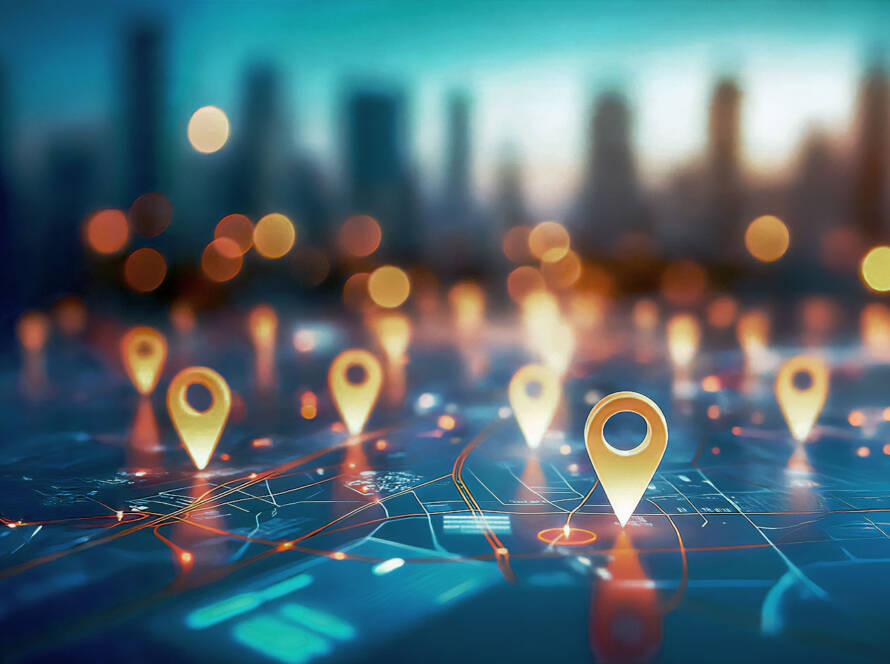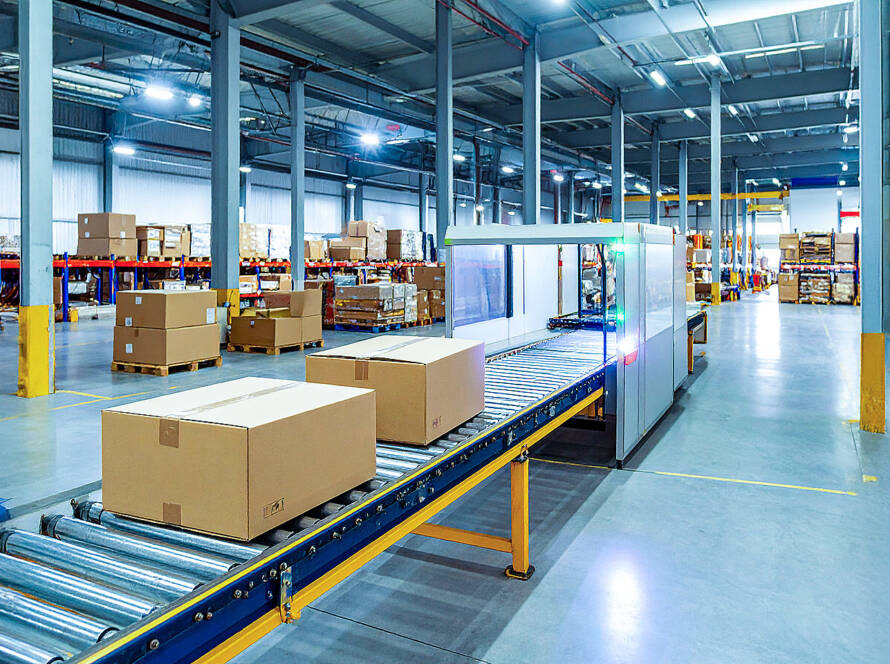Singapore is leading the way in urban innovation, integrating Internet of Things (IoT) technologies into smart buildings that reshape sustainability, occupant comfort, and operational efficiency. As the city-state pursues its “Smart Nation” ambitions, IoT-driven solutions are playing a pivotal role in commercial, residential, and public infrastructure.
Environmental Monitoring: Enhancing Liveability and Sustainability
IoT sensors are increasingly used to monitor air quality, water pollution, and ambient conditions across Singapore’s buildings, supporting initiatives like SG Clean and Zero Energy Buildings. These connected sensors provide real-time data on particulate matter, humidity, temperature, CO₂, and other air pollutants, enabling building managers and government agencies to make swift decisions to protect health and improve comfort.
Energy Efficiency and Green Building Innovations
Smart building technologies enable continuous optimisation of energy use in lighting, air conditioning, and ventilation. Advanced sensors and IoT devices automatically adjust systems to natural daylight, occupancy, and weather, helping some buildings achieve up to 60% energy savings compared to conventional designs. According to Singapore’s Building and Construction Authority (BCA), thousands of buildings have attained Green Mark certification, demonstrating a strong national commitment to sustainability and energy efficiency [1].
Predictive Maintenance: Powering Reliable Building Operations

Predictive maintenance powered by IoT is revolutionising facility management in Singapore. Sensors embedded in lifts, escalators, HVAC systems, and other critical equipment continually monitor vibration, temperature, and operational cycles. Advanced analytics and machine learning detect anomalies, allowing engineers to schedule repairs before failures occur. This approach significantly reduces downtime and maintenance costs, particularly in high-rise developments and high-traffic environments.
Automation, AI, and Data Analytics
Automation and artificial intelligence are now central to smart building operation. IoT-based systems manage lighting, heating, cooling, and security, offering personalised experiences for occupants and helping building managers anticipate tenant preferences and optimise space utilisation. AI analytics further enable predictive maintenance and proactive space management, supporting the wider adoption of wellness-focused and hybrid workspaces in line with Singapore’s Green Plan 2030.
The Road Ahead for Singapore’s Smart Buildings
Looking forward, Singapore’s smart buildings may harness blockchain technology for lease agreements, expand the use of edge computing for decentralised data processing, and adopt enhanced green technologies like solar panels and rainwater harvesting. With robust government support and financial incentives for building upgrades, Singapore is positioned to remain a global leader in smart, sustainable buildings.
Looking Ahead: IoT’s Role in Shaping Singapore’s Smart Building Future
As Singapore progresses towards its Smart Nation ambitions, IoT technologies continue to drive innovation across various sectors, including smart buildings. Global Research is dedicated to advancing IoT innovation by providing expertise in sensor networks, connectivity, and data analytics that support smarter, more efficient environments. These technologies play a crucial role in enhancing sustainability, operational efficiency, and occupant comfort, aligning with Singapore’s goals for a connected and sustainable future.
References
- The Power of Singapore Smart Building Technologies — Eurogroup Consulting



